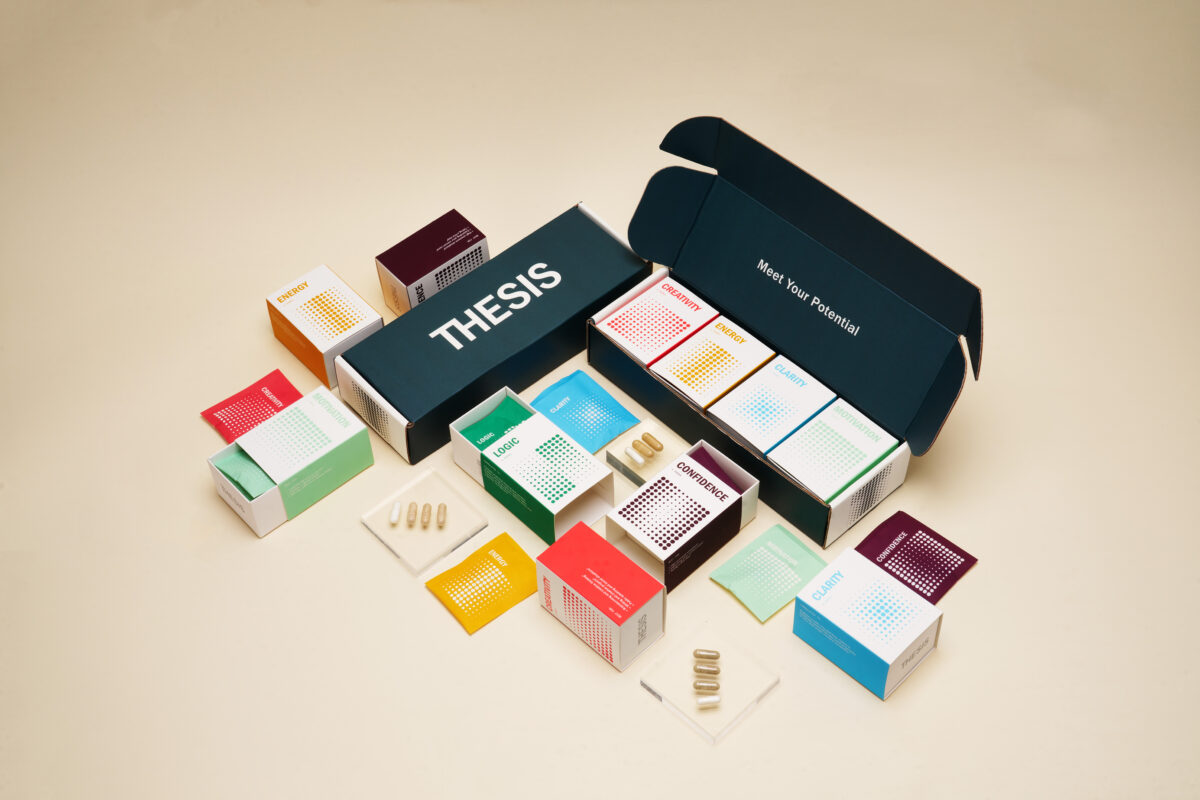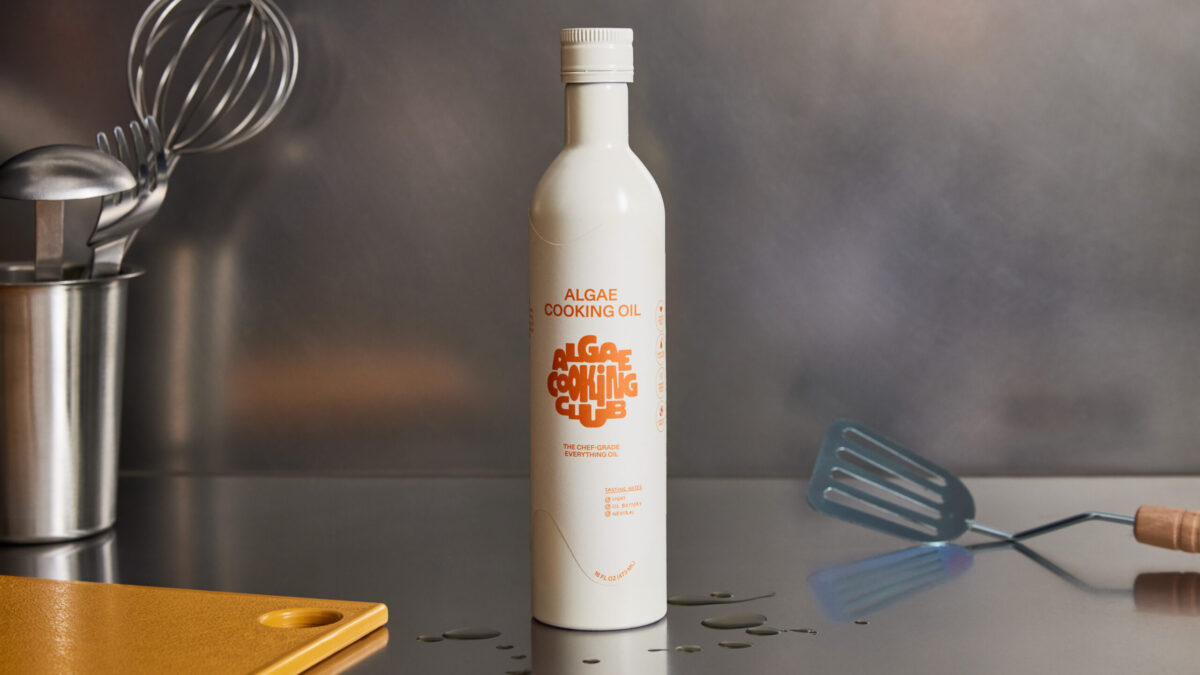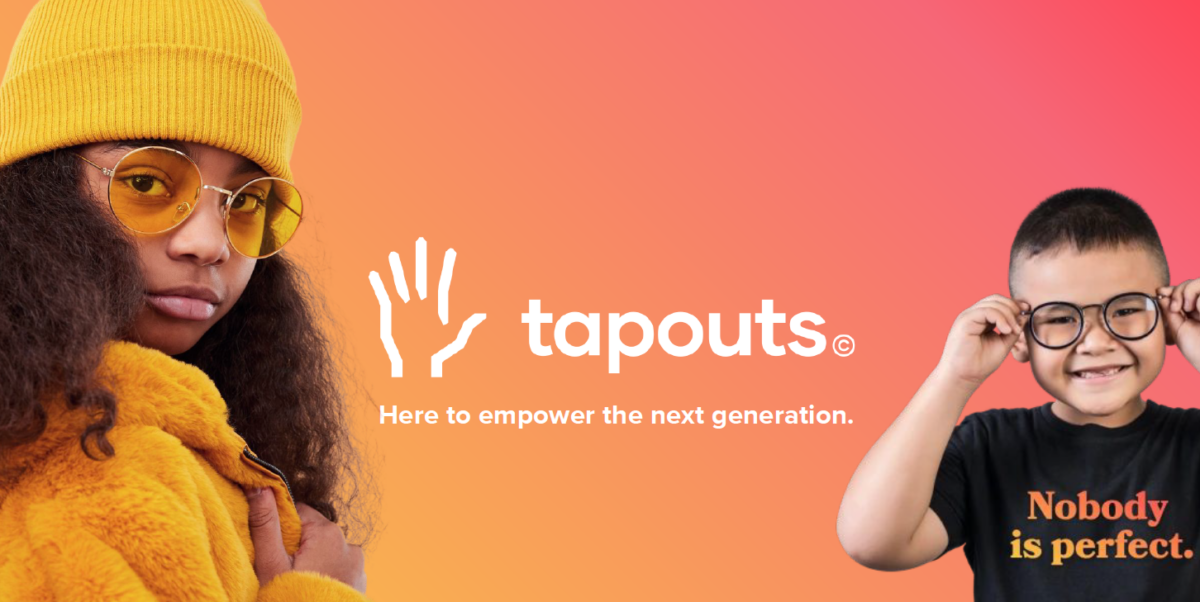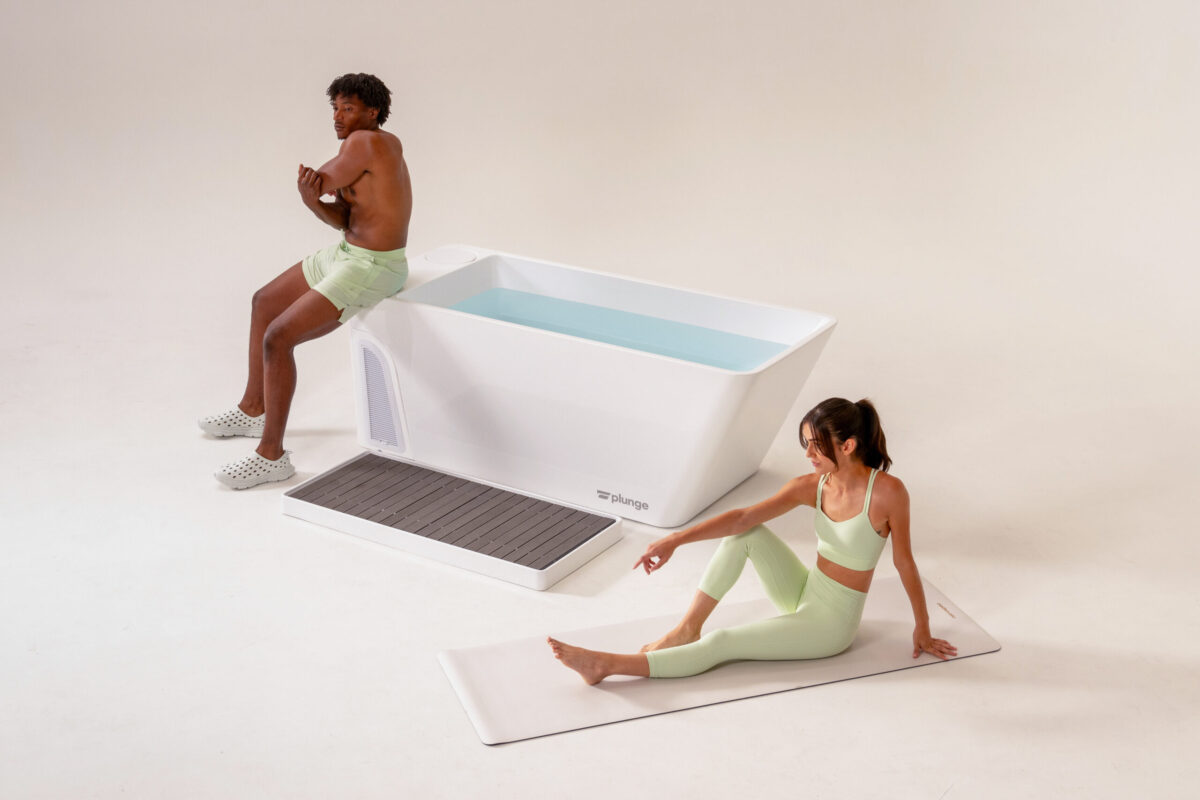In this Q&A, you’ll hear from Dan Freed, co-founder & CEO of Thesis, a personalized nootropic company. Dan talks about how his own struggles with focus led him on a path to self-experimentation and the first iteration of his company. He also details the market for cognitive performance products and future plans following Thesis’ recent Series A fundraise.
Can you tell us about what you’re working on at Thesis?
Dan Freed: Thesis offers a customized approach to cognitive performance products, known as nootropics, based on the user’s unique brain chemistry. Through the highest-quality ingredients, Thesis helps people boost their cognition and productivity.
While other nootropic brands take a one-size-fits-all approach, Thesis is customized to each person’s unique brain chemistry. We give customers the opportunity to experiment with the ingredients in a systematic way that maximizes results.
We condensed a process that would otherwise cost thousands of dollars and take six months to complete into a $79, one-month process to test different formulas and find the combinations of ingredients that work best for each person.
Our inputs are all tested for purity by third-party labs, the gold standard for safety. All of our products are manufactured in the United States in facilities following FDA supplement manufacturing guidelines (CGMP regulations).
Also, we have some of the strongest health and wellness advocates using our product, including Dr. Andrew Huberman, Rich Roll, Kevin Love, and Kate Bock.
How did you come up with the idea? What key insight led you to pursue this opportunity?
DF: For as long as I can remember, I’ve had trouble focusing. I dropped out of high school after failing all of my classes, and people always thought that I was lazy or stupid. I worked at a sandwich shop before I got my big break in the culinary industry in my 20s.
Despite having success in hospitality, I got burnt out and decided to go back to school. When I tried to study again, I faced the same difficulties in focusing that I experienced growing up. I did a ton of online research and discovered nootropics, a class of supplements that enhance cognitive performance.
Only after trying them did I find my true potential. I was never lazy or stupid; I just couldn’t focus. My brain chemistry wasn’t set up to function in the traditional structure of the American educational system. When I found the right combination of nootropics that worked for my brain, I was able to adapt and succeed in a way that I never thought would be possible.
Because nootropics were so impactful for me, I became an evangelist. Before I found nootropics, my inability to focus caused a lot of pain in my life. One of the most gratifying things to me is when I share my story and people say that it reminds them of themselves, their siblings, or their friends — and then they try nootropics and have success with them.
There is an enormous amount of people who aren’t living up to their potential, not because they aren’t intelligent but because they don’t have the tools they need to adapt to today’s modern work and educational environment.
So, I started giving away nootropics to my friends and family, and one of the first realizations I had was that the ingredients that worked for me didn’t work for everyone.
The core idea that Thesis was built on was that I could create a system that would allow people to quickly iterate and find the combinations of nootropic ingredients that worked for them.
Though, nootropics aren’t the silver bullet; there isn’t one set of pills that will fix everyone, but they are a cornerstone habit that, along with other healthy habits like exercise and meditation, can be completely transformative.
I’ve taken nootropics for ten years now, and I would not be able to function in my current responsibilities without them.
How did you turn your idea into a company?
DF: Our first 20 customers were my friends, and Thesis was still just a hobby and an experiment to see if I could create something that solved this very unique challenge of helping people find what nootropics worked for them.
I received overwhelmingly positive feedback from my first customers about the idea of creating a system for personalized nootropics to achieve better results. From there, I refined the product, made it easier to use, and it started spreading through word of mouth. Before I knew it, I was running around New York delivering boxes of nootropics, and that’s when I decided to turn it into a business.
I was building the company out of my apartment, and my first hire was my old roommate, who was an engineer. He worked with me part-time and helped to build the website as we started serving more customers.
About six months in, I was working around the clock and was stretched incredibly thin. I couldn’t keep up with orders and regular maintenance of the website. He quit his job without me even asking and said what I was building was really special, but I needed help to turn it into what it could be.
We started the company when no one knew what nootropics were. I pitched investors over and over again, but they were skeptical about the product and market, and I kept getting rejected. Because of that, all of our early angel investors were friends and customers. I maxed out all my credit cards and moved into the tiniest apartment I could find. I put everything I had into keeping the business running.
Once we got our first hundred customers, we started doing light advertising, and it took a couple of years to get to the first few thousand customers. We were constantly iterating on the product and the brand through that time, and we hit an inflection point at 2.5K customers.
That’s when the flywheel effect of growth took off.
We didn’t raise our first venture round until we were earning a million dollars per month in revenue. At this point, nootropics were starting to become more mainstream. Given our strong metrics, we raised a $5M seed round, but it took years and hundreds of rejections prior. Now, riding the momentum, we’re excited to have just raised over $8M in a Series A round.
How big can this get? What’s the addressable market and how do you go about capturing it?
DF: Thesis is the first line of defense for people who have trouble focusing and being productive — which, unfortunately, is all too common in today’s world.
Given macro trends like TikTok, smartphones, working from home, and more, people are struggling to focus more than ever, and nootropics is a category in hyper-growth ($14B global market in 2023).
A strength of ours, Thesis offers a highly effective, approachable product to introduce people to nootropics.
Who is the core customer? How are you acquiring customers? And how will you grow the customer base?
DF: Our customers are all people who have goals they want to achieve but who are fighting mental barriers that are holding them back from making the most of their potential.
Before completely profiling our customer, it may be helpful to share who shouldn’t take nootropics, too.
I remember growing up, my sister (who is now a doctor) would come home from school, sit down, and diligently work on her homework. She didn’t struggle with the same barriers to focus with which I struggled. She had evolved and adapted to working in a structured environment, and she excelled at it. If this applies to you, and if you’re able to get stuff done and feel like you’re meeting your potential, then you don’t need nootropics.
However, if my story resonates with you, and if you feel like you aren’t living up to what you could accomplish because your personal limitations are getting in the way, then you should try nootropics. Your limitations don’t need to be as severe as mine were; if you struggle to achieve your goals and establish healthy habits, nootropics could unblock you and help you gain momentum.
Nootropics is a new category, and as some influencers in the space start evangelizing them, they’re starting to show up in functional foods and beverages and on the shelves of grocery stores. Whereas before, when our acquisition strategy focused on educating people about what nootropics are, we are now able to educate people on why Thesis is the best solution in the category, becoming a thought leader as nootropics experience explosive growth.
To continue to grow our customer base, we will invest heavily in content and community for two key reasons: First, we already have a strong and active community and want to provide tools to help our community to support each other. Second, nootropics alone are not magic pills; to have a transformative impact, nootropics must be combined with healthy habits.
We strongly believe in educating our customers about the habits that, together with nootropics, help people achieve their goals.
Looking at your road map, what are some of the milestones you’re targeting over the next 3-6 months?
DF: Our main focus for the next six months is hiring. We just closed our Series A round, and most of our time will be spent now on building our executive team to set us up for explosive growth. Our focus now is on the long term, taking our company to $100M in revenue per year and beyond.
In the near term, we are expanding our offerings on both a product level and a content and community level. Nootropics have been transformative for me, and I’ve taken them daily for the last 10 years, but nootropics alone can only do so much.
To see incredible results, you have to combine the right nootropics with healthy habits. We’re building a content strategy that will help people develop and maintain healthy habits to get the most transformative results.
Another thing we’re really excited about is our second product line, Stasis. Stasis was born from a different customer need. We watched so many people take stimulants and deal with the downsides of taking them, so we created a formulation specifically designed to support the brains of people taking stimulants. We launched Stasis eight months ago, and it has exceeded all of our expectations.
Anything else you’d like to share with readers?
DF: Because nootropics are a new category, it’s hard enough to get people to try them, and when they finally do, people will often choose a brand that isn’t good and will only try them once.
They’ll buy a mushroom coffee or nootropic drink and then will give up on the category after they didn’t experience a great result. It took me months of experimenting and combing through many ineffective products to experience transformational results. If you’re looking to try nootropics, you need to evaluate the product’s ingredients and dosages.
All products that contain the same ingredients are not created equal. A lot of companies under-dose active ingredients and also use inferior ingredients.
For example, just because a product says it includes Lion’s Mane doesn’t mean you will actually receive the benefits of Lion’s Mane; you need 500 milligrams of Lion’s Mane to receive an effective dose. In addition, not all Lion’s Mane is created equal, and most brands include the cheapest available on the market.
At Thesis, one of our core differentiators is that we use the strongest, most effective ingredients available, at the highest possible dosage. All of Thesis’ ingredients and formulas are third-party lab tested to ensure they are effective dosages of the most potent ingredients, and we have enough variety in our product mix that a majority of people will find at least one formula that works well for them.
Related reading from Fitt Insider: Issue No. 171: The State of Supplements
If you’re interested in having your company featured in our Startup Q&A series, send an email to team@fitt.co.
 Thesis
Thesis


